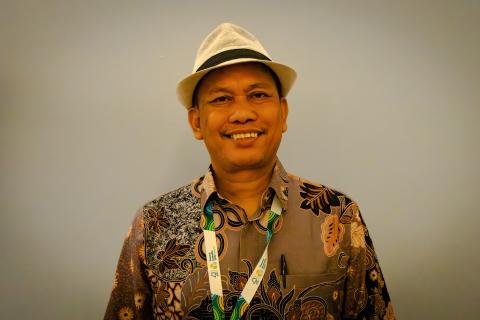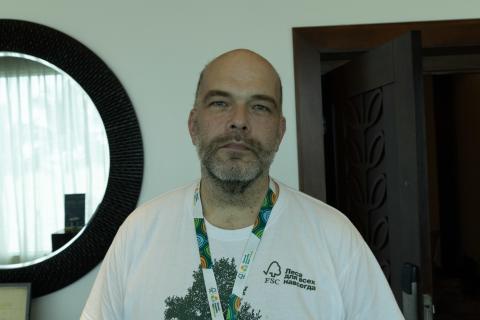Beyond timber – will FSC put a price on the wider forest values?
Can we put a price on drinking water, Orang-utans, cultural or historical sites in pursuit of conserving these values? Issues around these questions were raised during yesterday’s meeting on ecosystem services.
Carbon credits have become an integrated part of our vocabulary, while putting a value on greenhouse gasses is a widely accepted idea. Can we similarly put a price on drinking water, Orang-utans, cultural or historical sites in pursuit of conserving these values? Issues around these questions were raised during yesterday’s meeting on ecosystem services.
Watershed protection, biodiversity, carbon storage, cultural and historical sites are all examples of what can fall under the term ecosystem services. While the term has been frequently discussed in the NGO community, Ecosystem Services may present itself as another mechanism for driving conservation of forest values, so what is FSC’s role in this?
FSC’s opportunity to re-evaluate
 Certification is a market driven tool presenting a central question whether ecosystem services should be certified. At the meeting, FSC presented a project they are running with a number of partners to assess how feasible it is for FSC to engage in certification of ecosystem services. The purpose of the project is to determine the market demand, develop business models, generic indicators and to run pilot tests. The piloting will be in Vietnam, Indonesia, Nepal and Chile.
Certification is a market driven tool presenting a central question whether ecosystem services should be certified. At the meeting, FSC presented a project they are running with a number of partners to assess how feasible it is for FSC to engage in certification of ecosystem services. The purpose of the project is to determine the market demand, develop business models, generic indicators and to run pilot tests. The piloting will be in Vietnam, Indonesia, Nepal and Chile.
“When we established FSC more than 15 years ago, the aim was not only to certify timber, but to embrace measures that can conserve forest and promote their responsible management”, explains Richard Donovan, Vice President of Rainforest Alliance and founding member of FSC.
“This project on certification of ecosystem services may help to move this higher up the agenda again and FSC actually has a very good position for doing so”. Mr. Donovan explains how FSC’s current structure already holds a fairly good mechanism for building strong relationships with communities and indigenous groups, for handling High Conservation Value Forest and other key issues that are important for such a process”.
Practical tools and experience
It was clear from the “Ecosystem services: the benefits people obtain from ecosystems” meeting that there practical tools and experiences to build on, including methodologies to conduct assessments of ecosystems services. With no global standard with global and regional indicators developed as yet, this will be tackled in FSC’s project.
Moving forward, FSC forest management standards already hold the potential for ecosystem certification – at least 19 certificates where mentioned as examples. Adapting and changing the existing standards or the complete development of a new system are other options to be assessed.
“FSC is already addressing ecosystem services. The question remains: when will the market will be ready for this?” said Mr. Donovan.
Some fundamental questions remain unanswered at the current stage. IF there is a market, how will governments react to certification of broader ecosystem services? Will carbon off-setting be an element of the carbon markets, coined as “Payment for ecosystem services”?



